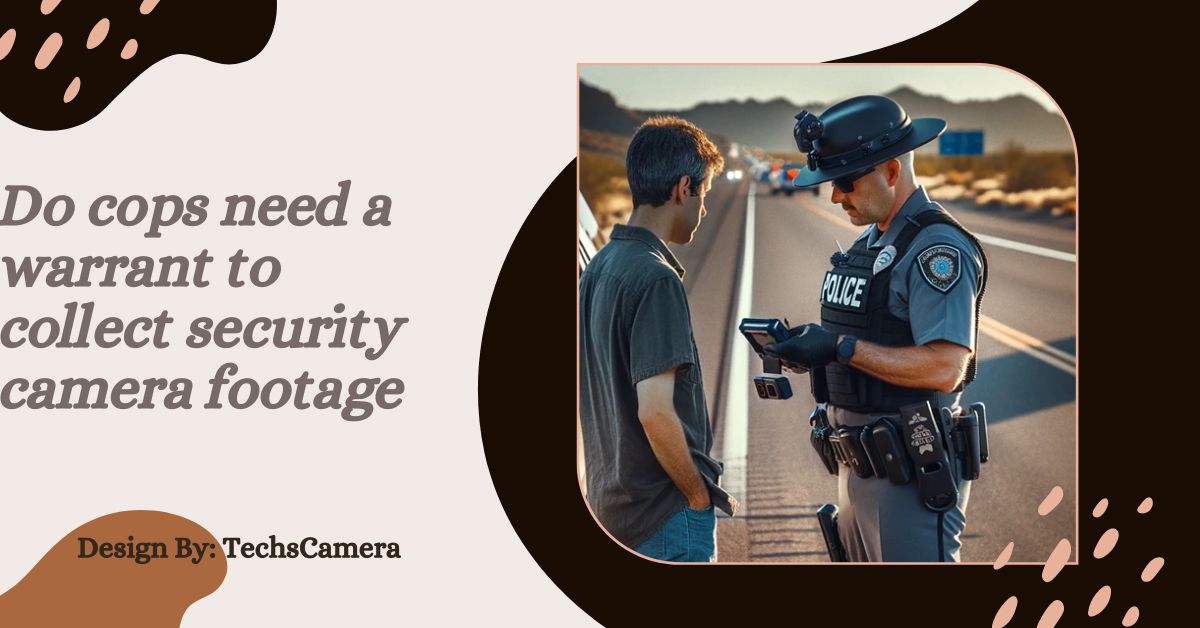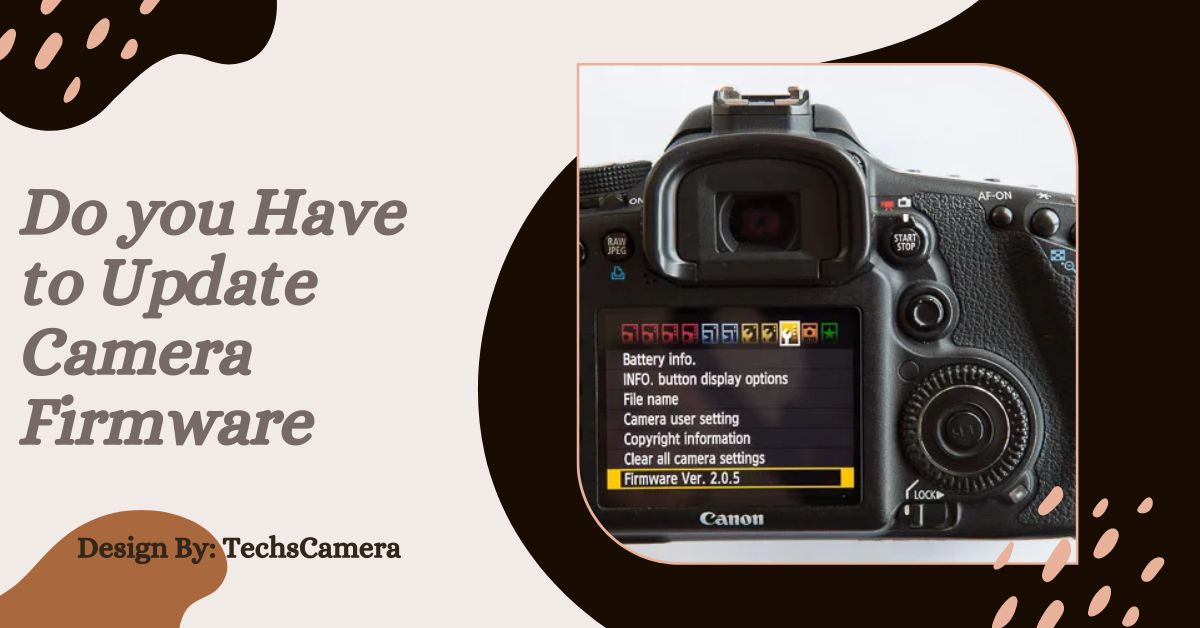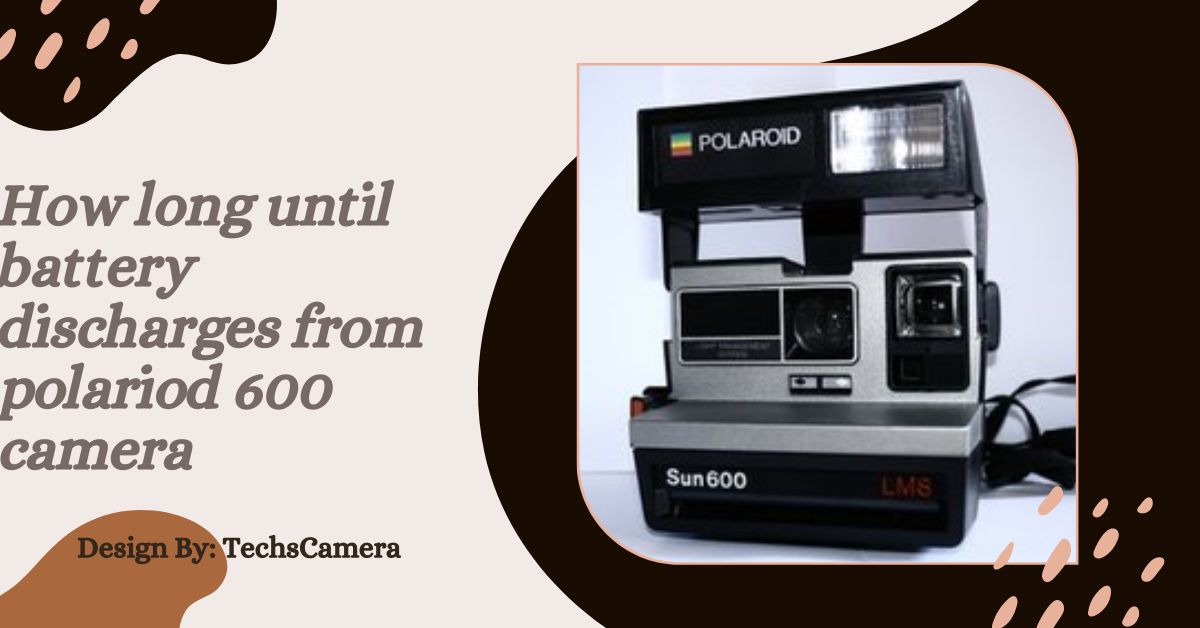Police need a warrant to collect private security footage unless the owner consents or in emergencies. Public footage is accessible without a warrant.
Introduction:
Security cameras have become an integral part of modern life, with widespread usage in homes, businesses, and public spaces. These devices offer a valuable layer of protection by providing constant surveillance and recording footage.
However, with the rise in camera installations, especially in private and public settings, legal questions arise regarding privacy and law enforcement’s access to the footage. One of the key questions is: Do cops need a warrant to collect security camera footage? This article explores the legal boundaries governing such access, focusing on privacy and constitutional rights.
The General Rule: Privacy and Surveillance Laws:

The laws that govern the collection of security camera footage by law enforcement are based on privacy and surveillance regulations. These regulations ensure a balance between public safety and the right to privacy. Generally, the necessity of a warrant depends on the location where the footage is captured and whether there is a reasonable expectation of privacy.
In public spaces—where people do not expect privacy—police may access footage without a warrant. However, footage from private property is often subject to more stringent protections, especially if the footage involves areas where a reasonable expectation of privacy exists, like homes or fenced-in yards.
When Do Cops Need a Warrant to Collect Footage:
Public vs. Private Spaces:
Law enforcement generally does not require a warrant to access footage from public spaces. Courts have consistently ruled that individuals do not have a reasonable expectation of privacy in public locations such as streets, parks, or shopping malls. As a result, police can request footage from cameras in these areas without a warrant.
However, footage captured on private property, especially inside homes or businesses, is protected under privacy laws. In such cases, law enforcement typically needs a warrant to access the footage, unless the footage is voluntarily provided by the property owner, especially when the expectation of privacy is higher.
Consent of the Owner:
Another important factor in determining whether a warrant is needed is the consent of the property owner. If a homeowner, business owner, or property manager voluntarily offers access to security camera footage, law enforcement officers do not need to obtain a warrant.
Many people willingly provide footage to aid investigations, particularly when it could help solve a crime. However, if the owner declines to provide the footage, law enforcement must seek a warrant from a court to compel the release of the footage. Thus, the cooperation of the property owner is a key determinant in the process.
Exigent Circumstances:
In some cases, law enforcement can bypass the warrant requirement under the doctrine of exigent circumstances. Exigent circumstances occur when there is an urgent need to prevent harm, loss of evidence, or the escape of a suspect. In these situations, police may argue that immediate access to security camera footage is necessary to address the emergency.
Although this is an exception to the rule, the police must later justify their actions in court. Courts will examine whether the circumstances truly warranted bypassing the standard legal process and whether the immediate collection of footage was necessary to prevent serious consequences.
Legal Precedents and Cases:
The question of whether a warrant is required for collecting security camera footage is informed by various legal precedents. One of the most influential cases in shaping privacy law is Katz v. United States (1967). This Supreme Court case established the “reasonable expectation of privacy” standard, which determines when a warrant is needed.
Although the case didn’t involve security cameras, it has since been applied to similar situations, including digital and video surveillance. In general, courts interpret the Fourth Amendment, which guards against unreasonable searches and seizures, to protect individuals in areas where they expect privacy. This legal framework helps to define the boundaries of law enforcement’s access to security footage.
Also read: Hearthstone How To Lock Camera – A Step-by-Step Guide!
Privacy Concerns and Digital Surveillance:
With the widespread use of surveillance cameras in both public and private spaces, privacy concerns have become increasingly prominent. The rise of digital and connected cameras, especially with smart systems, has led to questions about how law enforcement can access and use footage without overstepping privacy rights. Critics argue that the lines between public safety and mass surveillance are blurring, with more potential for abuse.
The debate centers on whether law enforcement should always require a warrant, even for public footage, to protect citizens from excessive surveillance. The growth of interconnected networks of cameras, such as citywide systems or smart doorbell cameras, adds further complications to the privacy debate.
How Law Enforcement Accesses Security Footage:
When law enforcement officers seek access to security camera footage, the process usually starts with a request to the property owner. If a crime has occurred near a business or residence with security cameras, police often ask the owner for permission to review the footage. In many cases, property owners are willing to share the footage voluntarily, especially if it may assist in solving a crime.
However, if the owner refuses to provide access, police will typically need to obtain a court order, such as a subpoena or search warrant, depending on the circumstances. A subpoena is often sufficient for commercial properties, while a search warrant may be required for footage from private homes.
Implications for Property Owners:

For property owners, understanding the laws surrounding security footage is essential. Owners have the right to refuse law enforcement access to their camera footage unless presented with a valid court order or warrant. However, choosing to cooperate with law enforcement can help resolve criminal investigations more efficiently.
Additionally, property owners should be aware of local laws and regulations regarding camera placement, as improperly installed cameras could infringe on the privacy of others, such as neighbors. In some cases, disputes over camera placement have led to legal challenges, particularly when cameras capture footage of areas where people have a reasonable expectation of privacy, such as private property.
Future Trends: Smart Cameras and Data Sharing
The future of law enforcement’s access to security camera footage will likely be influenced by advancements in smart technology. Many modern security systems are cloud-based, automatically storing footage in online databases. This can make it easier for law enforcement to request footage from third-party providers, such as companies that manufacture or manage security systems.
Some cities have even established partnerships with residents and businesses that allow real-time access to security footage for police. While these programs can enhance public safety, they also raise concerns about the potential for mass surveillance and the need for strict regulations to protect privacy rights.
FAQ’s:
1. Do cops need a warrant to collect security camera footage from private property?
Yes, police usually need a warrant to collect footage from private property unless the owner voluntarily provides it or in urgent situations.
2. Can police collect footage from public spaces without a warrant?
Yes, footage from public spaces typically doesn’t require a warrant because there is no reasonable expectation of privacy in public areas.
3. What are exigent circumstances in terms of security camera footage collection?
Exigent circumstances occur when there is an urgent need, such as preventing harm or loss of evidence, allowing police to bypass the need for a warrant.
4. Do homeowners have the right to refuse police access to their camera footage?
Yes, property owners can refuse to share their security footage unless presented with a valid warrant or court order.
5. How is smart technology affecting law enforcement’s access to security footage?
Smart cameras and cloud-based storage make it easier for police to request footage, but they also raise privacy concerns and may require stricter regulations.
Conclusion:
The question of whether law enforcement needs a warrant to collect security camera footage involves multiple factors, including the location of the footage, the owner’s consent, and the circumstances of the investigation. While footage captured in public spaces is generally accessible without a warrant, footage from private property is often protected by privacy laws.



